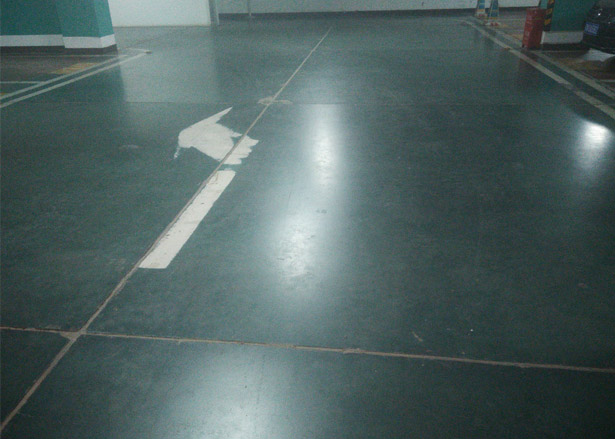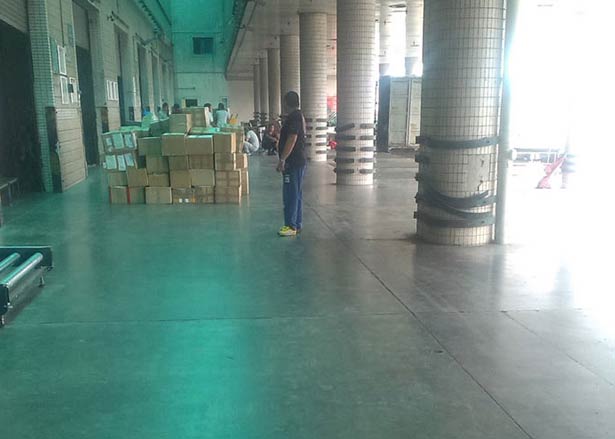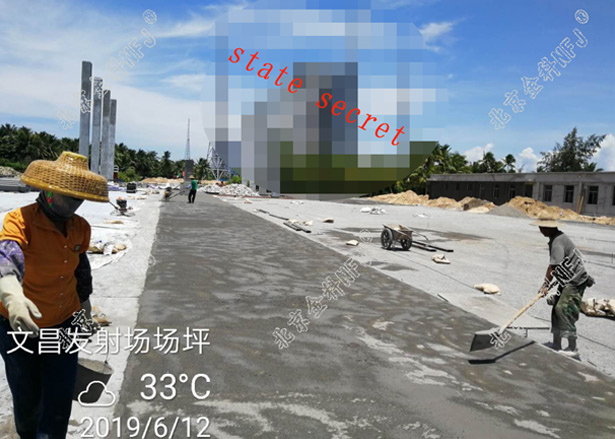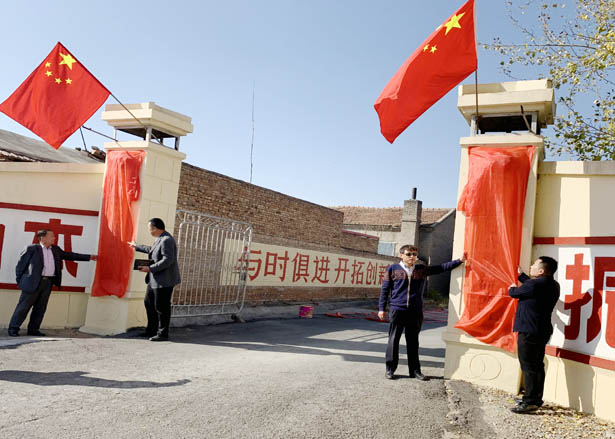Lightweight stainless steel insulation has emerged as a revolutionary solution in the field of thermal management, combining the durability of stainless steel with advanced insulating properties. This innovative material offers a unique approach to addressing the growing demand for efficient insulation in various applications, particularly in industries such as construction, automotive, and HVAC systems.
Stainless steel is widely known for its exceptional strength, resistance to corrosion, and longevity. However, when combined with lightweight insulation technologies, it creates a product that not only maintains these inherent advantages but also significantly reduces weight without compromising thermal performance. This makes lightweight stainless steel insulation particularly beneficial for applications where weight is a critical factor, such as in aircraft and automotive engineering, where reducing mass can lead to increased fuel efficiency and improved performance.
From an engineering perspective, the design of lightweight stainless steel insulation often incorporates multiple layers and advanced materials that enhance thermal barriers. The innovative use of aerogels or other insulating foams within stainless steel structures provides superior thermal resistance, allowing for consistent temperature regulation even in the most challenging environmental conditions. This combination not only optimizes energy efficiency but also minimizes heat loss or gain, making it a vital component for systems aiming to meet stringent energy standards.
Furthermore, the application of lightweight stainless steel insulation extends beyond industrial use, finding relevance in residential and commercial buildings as well. In these contexts, it plays a critical role in enhancing energy efficiency, thereby contributing to sustainability by reducing the overall carbon footprint. As more builders and architects prioritize eco-friendly materials, lightweight stainless steel insulation stands out for its recyclability and longevity, aligning with modern construction goals.
The authority of this material is reinforced by its increasing adoption in cutting-edge technologies and applications. Professionals in the field recognize lightweight stainless steel insulation as a reliable solution that meets regulatory requirements and industry standards. Moreover, ongoing advancements in manufacturing processes and material science continue to enhance its properties, ensuring that it remains at the forefront of insulation technology.
In summary, lightweight stainless steel insulation is an expert choice for those looking to optimize thermal management in diverse applications. Its blend of strength, lightweight design, and superior thermal performance makes it a valuable asset in promoting energy efficiency and sustainability across various sectors. As awareness of its benefits grows, it is poised to play a central role in shaping future insulation solutions.
Show More >>
PRODUCTS
You are welcome to contact us at any time, please write the message here and we will reply you in 24 houre. thanks foryour support.
NEWS
May.22, 2019



